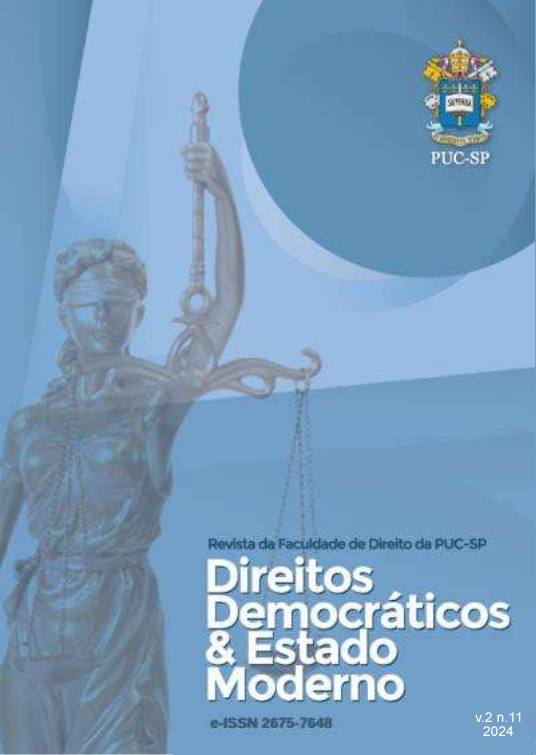Separation of powers, interpretation and the law of introduction to the norms of brazilian law (LINDB)
DOI:
https://doi.org/10.23925/ddem.v.2.n.11.66544Keywords:
Separation of Powers, Interpretation, Law of Introduction to the Rules of Brazilian Law (LINDB), Hermeneutics, Public LawAbstract
The LINDB contains provisions that expand the possibilities for the interpreter's action within the legal system, such as analogy and the search for external elements like general principles of law. However, it also imposes restrictions on the interpreter's actions, particularly in the realm of public law, by requiring consideration of the practical aspects and consequences of interpreting infraconstitutional norms to avoid disproportionate or excessively burdensome results. The interpreter must weigh practical consequences when seeking interpretive results, even if this implies some reduction in the protection of other principles that shape the common good, if it does not compromise the principles established in Article 37 of the Federal Constitution. When interpreting the infraconstitutional legal system, excluding complementary laws, it is mandatory to adopt the hermeneutic criteria established in the LINDB. Interpretive decisions that deviate from or contradict these guidelines are considered illegal. On the other hand, when interpreting superior norms, the LINDB serves only as suggestive, non-binding guidance to avoid compromising the normative content of superior laws and to prevent potential material antinomies. The work uses the deductive method in addition to the following research techniques: bibliographic, documentary and empirical; presenting to the academic community the main considerations regarding the topic discussed.
References
ANDRADE, Manuel A. Domingues de. Ensaio sobre a Teoria da Interpretação das Leis. Coimbra: Ed. Armênio Amado, 1987.
FERRARA, Francisco. Interpretação e Aplicação das Leis. Coimbra: Ed. Arménio Amado, 1987.
FERRAZ JR., Tércio Sampaio. A ciência do Direito. 2ª edição. Editora Atlas, 1995.
HABERLE, Peter. Hermenêutica Constitucional. Editora Sérgio Fabris, 1997.
HIRSCHL, Ran. Rumo à Juristocracia: As Origens e Consequências do Novo Constitucionalismo. Trad. Amauri Feres Saad. Ed. E.D.A, 2020.
LUHMANN, Niklas. Legitimação pelo Procedimento. Ed. Universidade de Brasília, 1980.
PERELMAN, Chaim. Ética e Direito. 1ª edição. Ed. Martins Fontes, 1996.
ROSS, Alf. Direito e Justiça. Ed. Edipro, 2000.
SANTIAGO, Willis. Teoria da Ciência Jurídica. 2ª Edição, São Paulo: Saraiva, 2009.
Downloads
Published
How to Cite
Issue
Section
License
Copyright (c) 2024 Democratic Rights & Modern State

This work is licensed under a Creative Commons Attribution 4.0 International License.
This work is licensed under a License Creative Commons Atribuição 4.0 Internacional.
The authors grant the journal all copyrights relating to the published works. The concepts issued in signed articles are the absolute and exclusive responsibility of their authors.
DD&EM Magazine - ISSN 2675-7648

















